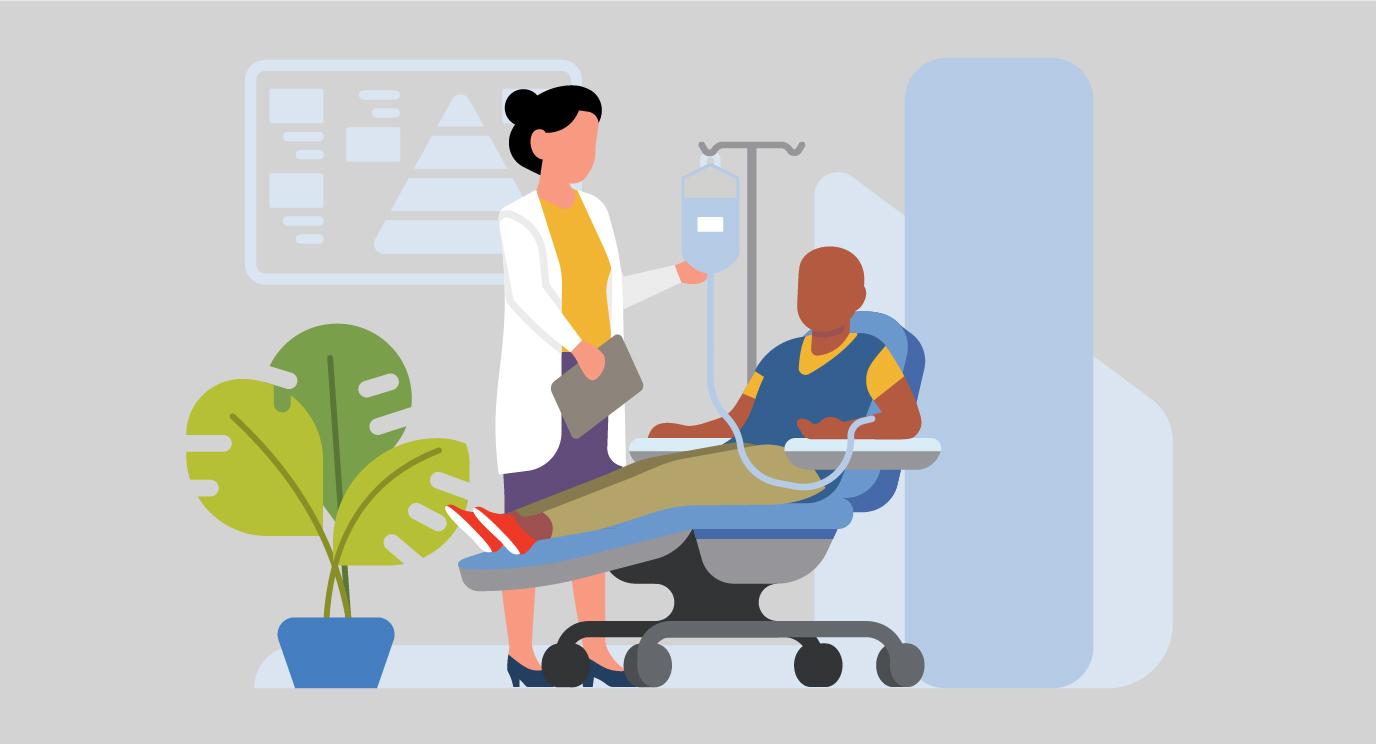- Diseases
- Acoustic Neuroma (14)
- Adrenal Gland Tumor (24)
- Anal Cancer (68)
- Anemia (2)
- Appendix Cancer (16)
- Bile Duct Cancer (26)
- Bladder Cancer (72)
- Brain Metastases (28)
- Brain Tumor (232)
- Breast Cancer (714)
- Breast Implant-Associated Anaplastic Large Cell Lymphoma (2)
- Cancer of Unknown Primary (4)
- Carcinoid Tumor (8)
- Cervical Cancer (158)
- Colon Cancer (166)
- Colorectal Cancer (118)
- Endocrine Tumor (4)
- Esophageal Cancer (44)
- Eye Cancer (36)
- Fallopian Tube Cancer (8)
- Germ Cell Tumor (4)
- Gestational Trophoblastic Disease (2)
- Head and Neck Cancer (12)
- Kidney Cancer (128)
- Leukemia (342)
- Liver Cancer (50)
- Lung Cancer (286)
- Lymphoma (278)
- Mesothelioma (14)
- Metastasis (30)
- Multiple Myeloma (100)
- Myelodysplastic Syndrome (60)
- Myeloproliferative Neoplasm (6)
- Neuroendocrine Tumors (16)
- Oral Cancer (100)
- Ovarian Cancer (172)
- Pancreatic Cancer (160)
- Parathyroid Disease (2)
- Penile Cancer (14)
- Pituitary Tumor (6)
- Prostate Cancer (146)
- Rectal Cancer (58)
- Renal Medullary Carcinoma (6)
- Salivary Gland Cancer (14)
- Sarcoma (238)
- Skin Cancer (296)
- Skull Base Tumors (56)
- Spinal Tumor (12)
- Stomach Cancer (64)
- Testicular Cancer (28)
- Throat Cancer (92)
- Thymoma (6)
- Thyroid Cancer (98)
- Tonsil Cancer (30)
- Uterine Cancer (80)
- Vaginal Cancer (16)
- Vulvar Cancer (20)
- Cancer Topic
- Adolescent and Young Adult Cancer Issues (20)
- Advance Care Planning (10)
- Biostatistics (2)
- Blood Donation (18)
- Bone Health (8)
- COVID-19 (362)
- Cancer Recurrence (120)
- Childhood Cancer Issues (120)
- Clinical Trials (632)
- Complementary Integrative Medicine (22)
- Cytogenetics (2)
- DNA Methylation (4)
- Diagnosis (232)
- Epigenetics (6)
- Fertility (62)
- Follow-up Guidelines (2)
- Health Disparities (14)
- Hereditary Cancer Syndromes (126)
- Immunology (18)
- Li-Fraumeni Syndrome (8)
- Mental Health (116)
- Molecular Diagnostics (8)
- Pain Management (62)
- Palliative Care (8)
- Pathology (10)
- Physical Therapy (18)
- Pregnancy (18)
- Prevention (918)
- Research (392)
- Second Opinion (74)
- Sexuality (16)
- Side Effects (604)
- Sleep Disorders (10)
- Stem Cell Transplantation Cellular Therapy (216)
- Support (402)
- Survivorship (322)
- Symptoms (182)
- Treatment (1786)
Granular cell cancer survivor: 6 tips for seeking treatment far from home
BY Linda Thomas
2 minute read | Published August 29, 2018
Medically Reviewed | Last reviewed by an MD Anderson Cancer Center medical professional on August 29, 2018
I was diagnosed with a rare and aggressive granular cell cancer in May 2017. Because the disease is so unusual, I sought treatment at MD Anderson — a two-hour flight from my home in Indiana and a 15-hour drive by car.
Throughout June and early July 2017, my husband and I made several trips back and forth — down to Texas for evaluation, a return home, back to Texas for surgery, home to Indiana to heal, then back again to Texas for six weeks of proton therapy.
Here are six things I learned along the way:
- Line up your housing early: Tour apartments and other housing options while you’re in Houston for your initial evaluation. Then you’ll be ahead of the game and prepared to choose one when the time comes for treatment. MD Anderson’s Patient Travel Services team can help you secure reduced-cost housing, transportation and airfare. Your assigned MD Anderson social work counselor can also provide a list of companies that offer long-term housing in a variety of price ranges. Many of them have shuttles that will take you MD Anderson’s Texas Medical Center Campus, though not usually after 6 p.m.
- Get a place with room for a guest: Consider leasing an apartment that has room for a guest. I did, and it not only saved on hotel bills for visitors, but allowed supportive family members to come and go throughout my treatment.
- Take advantage of the services offered: If you are receiving treatment at the MD Anderson Proton Therapy Center, join one of the support groups for weekly lunch gatherings and cheerleading. And be sure to attend the “Behind the Beam” tour, which provides a fascinating look at the machines and science that bring proton beam radiation to life.
- Find the peaceful places on MD Anderson's campus: There are lots of quiet areas for waiting out the sometimes-long periods between appointments. One of my favorites was the beautiful rooftop patio and its Adirondack chairs outside the Waterfall Café in the Mays Clinic.
- Explore Houston: It’s a fantastic, diverse and fun city with an abundance of art, great food and beautiful parks.
- Reach out: Don’t be afraid to talk to other patients and their family members. I met many families fighting cancer who were much further away from home than I was. I met folks from Denmark, the United Arab Emirates, Japan, South America, New Mexico, Louisiana, Kentucky, and points in between. I learned a lot from these fellow journeyers, developed some good friendships, and was able to get out of myself, share some love and feel less alone.
Request an appointment at MD Anderson online or by calling 1-877-632-6789.

Don’t be afraid to talk to other patients.
Linda Thomas
Survivor





